Pujanza Norte 2009
Informações de produto
Vinha e preparação
Avaliação dos peritos
"The 2009 Norte is more powerful than the 2008, with greater fruit concentration and touches of rose petals and cold limestone. The palate has a sinewy entry with dark broody black fruit laced with licorice and a touch of truffle. The finish is very structured and suggests long-term aging will be necessary for this vintage.
"The idea of Bodegas Pujanza is to make something special," proprietor and sixth generation winemaker Carlos San Pedro told me when visiting the winery, up in the "crows nest" lookout tower that offers a panoramic vista over the Sierra Cantabria mountains. "I thought it was impossible to appreciate the quality of the vineyards in a high volume winery. The most important thing is the vineyard for which the bodega was created. I work solely with Tempranillo and aim for the best expression by looking for the right plots. It is a delicate variety that reflects everything that goes on around the grape in the wine. In the beginning there was only one wine. Then I began to look for other plots for Tempranillo from which I discovered different personalities that make different kinds of wine. It was in my second vintage in 1999 that I discovered the vineyard that begat -Norte- and then in 2004, I acquired the La Valcabado vineyard from my great-grandfather that had previously been sold to another party. This is where the flagship -Cisma- wine was born. Since I only use fruit from my own vineyards, Pujanza is a limited production and I want to keep this philosophy and it is why I created another winery (Diosares)." I asked Carlos whether he regards Pujanza as a classic or modern expression of Rioja? "The idea is to look back at traditional Rioja from the point of view of a young winemaker,-"he replied after consideration. "Every year we try to control every detail. In Diosares we have the idea of the wine and there is a compromise in the vineyard but in Pujanza, the destiny is to be Pujanza. If the wine does not meet expectations, then it goes to make Hado." Interestingly, Carlos opined that he does not believe in the common practice of malolactic fermentation in barrel since he believes that the wine absorbs too much wood (a view espoused by the likes of Jean-Claude Berrouet at Petrus). The leitmotif of Carlos's wines is tension. These Riojas are fresh and taut, imbued with an almost Burgundy-like sense of transparency that enables Carlos to express his terroir with clarity and precision".

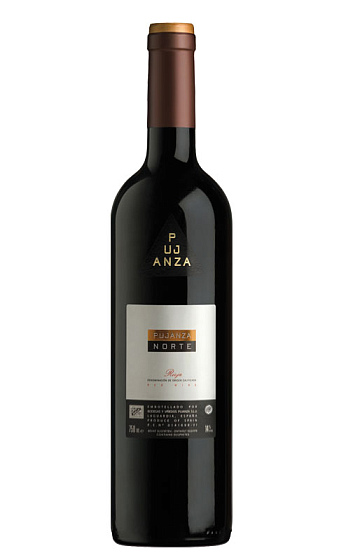

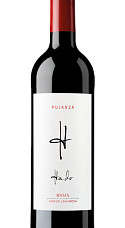
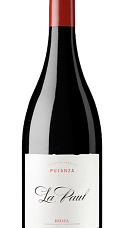
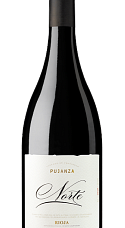
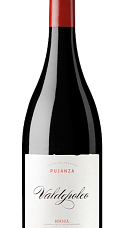


Colheitas: 2019 2009 2006
Este vintage ainda não foi avaliado. Utilize a navegação abaixo para ver avaliações de vintages anteriores.
con vinos tan completos como este es dificil desbancar a la rioja alavesa
Este vintage ainda não foi avaliado. Utilize a navegação abaixo para ver avaliações de vintages anteriores.